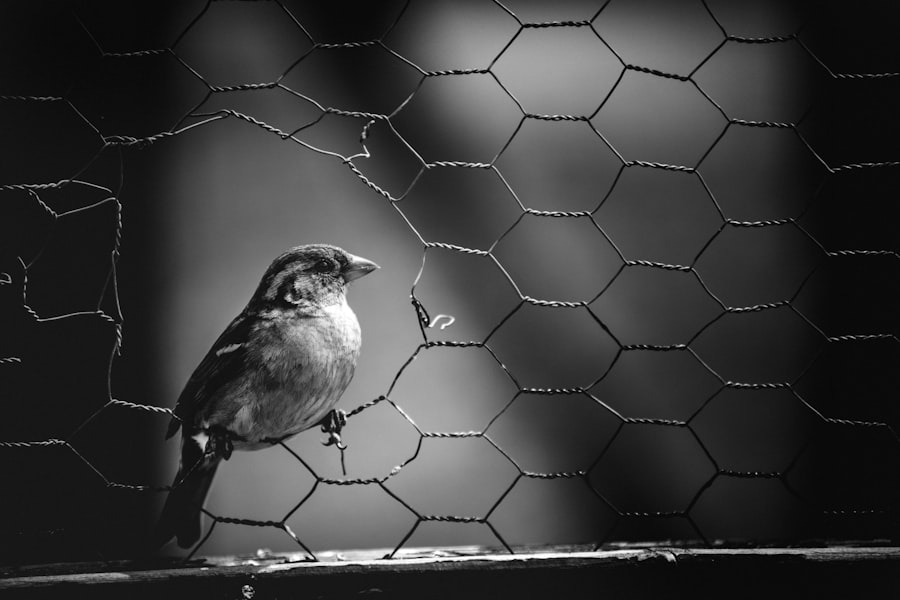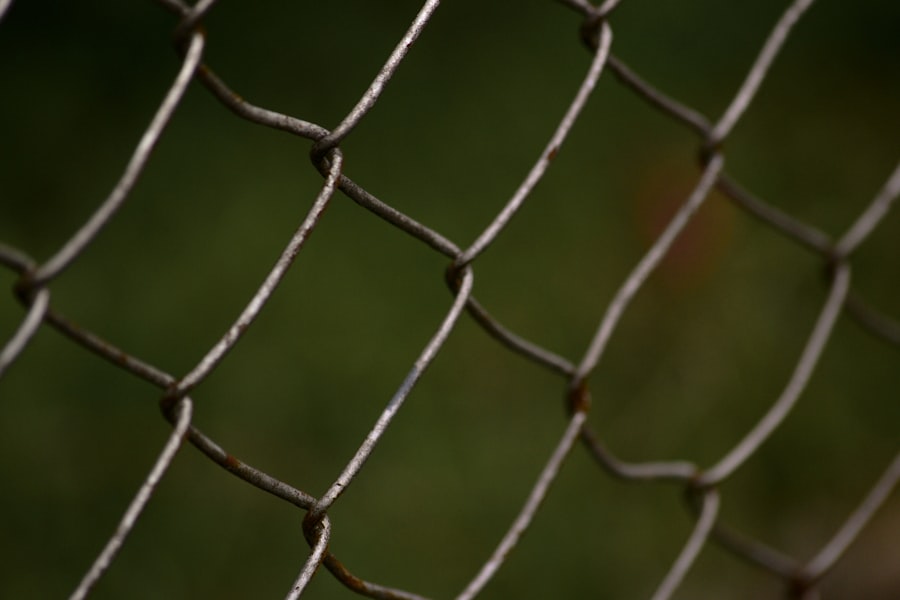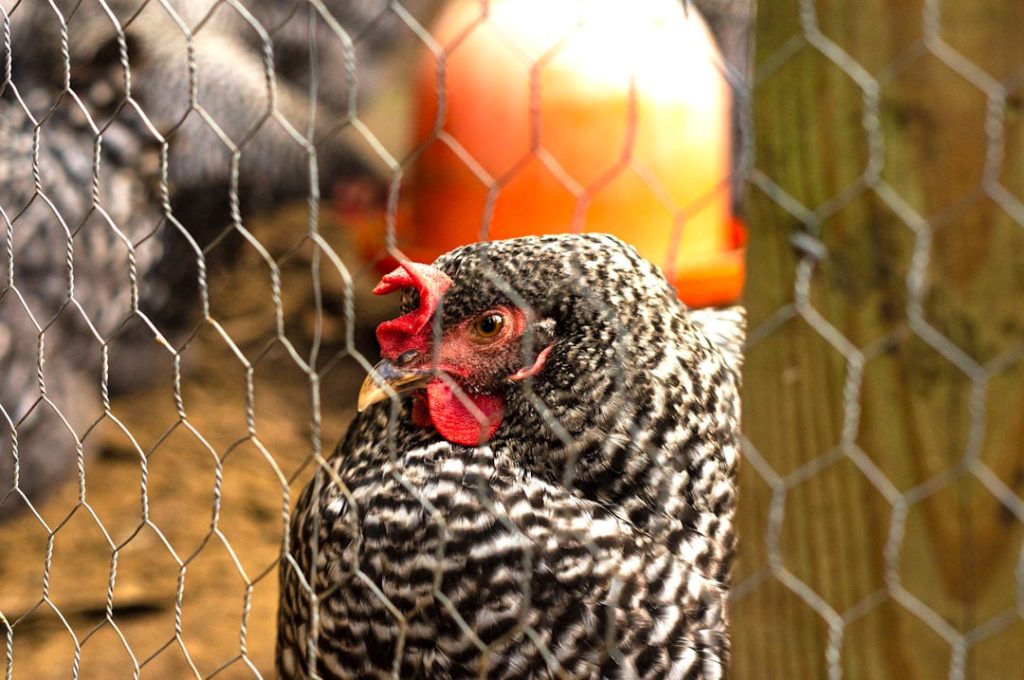Chicken ownership offers numerous benefits but also presents challenges. A frequent issue encountered by poultry keepers is chickens roosting on or near water dispensers. This behavior can result in several problems, including water contamination, equipment damage, and potential health risks for the birds.
This article examines the factors that draw chickens to water containers and presents various methods to deter this behavior. By identifying the underlying causes and implementing effective preventive measures, poultry owners can maintain a healthy flock and ensure their water supply remains uncontaminated and easily accessible.
Table of Contents
- 1 Understanding why chickens are attracted to the waterer
- 2 Implementing physical barriers to keep chickens off the waterer
- 3 Using deterrents to discourage chickens from the waterer area
- 4 Training chickens to stay away from the waterer
- 5 Providing alternative water sources for chickens
- 6 Conclusion and final tips for keeping chickens off the waterer
- 7 FAQs
- 7.1 What are some methods to keep chickens off the waterer?
- 7.2 Why is it important to keep chickens off the waterer?
- 7.3 How can raising the waterer off the ground help keep chickens off it?
- 7.4 What are some obstacles that can be placed around the waterer to keep chickens off it?
- 7.5 How can chickens be trained to stay away from the waterer?
Key Takeaways
- Chickens are often attracted to waterers, which can lead to unsanitary conditions and potential health issues for the flock.
- Chickens are attracted to waterers due to their natural instinct to seek out water sources and their curiosity about shiny or reflective objects.
- Physical barriers such as chicken wire or elevated platforms can be effective in keeping chickens off the waterer.
- Deterrents such as motion-activated sprinklers or hanging shiny objects can discourage chickens from approaching the waterer area.
- Training chickens to stay away from the waterer can be achieved through consistent reinforcement and positive reinforcement.
- Providing alternative water sources such as multiple waterers or water stations in different areas can help redirect chickens’ attention away from the main waterer.
- In conclusion, a combination of physical barriers, deterrents, and training can help keep chickens off the waterer and maintain a clean and healthy environment for the flock.
Understanding why chickens are attracted to the waterer
Waterer as a Gathering Spot
Chickens may be drawn to the waterer as a place to perch or rest, especially if there are limited options for roosting in the coop or run. Additionally, if the waterer is located in a shaded area, chickens may be attracted to it as a cool spot to escape from the heat.
Visual Attraction
Chickens are also known to be attracted to shiny or reflective objects, and the metal or plastic surfaces of many waterers can catch their eye and draw them in.
Moisture and Food Sources
If there are spills or leaks around the waterer, chickens may be attracted to the moisture and potential food sources that result from these spills. By recognizing these natural tendencies and behaviors of chickens, owners can take proactive steps to address these attractions and keep their waterer area free from unwanted chicken activity.
Implementing physical barriers to keep chickens off the waterer

One effective strategy for keeping chickens off the waterer is to implement physical barriers that prevent them from accessing the area. This can be achieved by installing wire mesh or fencing around the waterer to create a designated space that is off-limits to the chickens. Additionally, placing obstacles such as large rocks or planters around the waterer can discourage chickens from perching or loitering in the area.
By creating a physical barrier, chicken owners can effectively control where their flock can roam and prevent them from causing damage to the waterer or contaminating the water source. Another physical barrier that can be used is a specially designed chicken coop or run that includes a separate area for the waterer. By providing a designated space for the waterer within the coop or run, chicken owners can ensure that their flock has access to clean water while also preventing them from perching or congregating around the waterer.
This approach not only keeps the water source clean and accessible but also provides a safe and secure environment for the chickens to thrive.
Using deterrents to discourage chickens from the waterer area
In addition to physical barriers, deterrents can also be used to discourage chickens from perching on or around the waterer. One common deterrent is the use of motion-activated sprinklers or noise devices that startle the chickens when they approach the waterer. These devices can be effective in teaching chickens to avoid the area around the waterer and can help break their habit of perching or loitering in that space.
Another effective deterrent is the use of natural repellents such as citrus peels, garlic, or hot pepper spray. These scents are unpleasant to chickens and can help discourage them from approaching the waterer area. By regularly applying these natural repellents around the waterer, chicken owners can create an environment that is unappealing to their flock and encourage them to seek out other areas of the coop or run.
Training chickens to stay away from the waterer
Training chickens to stay away from the waterer can be a challenging but ultimately rewarding endeavor. One effective training method is to use positive reinforcement by rewarding chickens with treats when they stay away from the waterer area. By consistently rewarding this behavior, chickens can learn that staying away from the waterer results in a positive outcome, which can help break their habit of perching or loitering in that space.
Another training method is to use negative reinforcement by gently but firmly redirecting chickens away from the waterer whenever they approach it. This can be achieved by using a gentle push or by making a loud noise to startle the chickens and encourage them to move away from the waterer. By consistently applying this method, chickens can learn that approaching the waterer results in an unpleasant experience, which can help deter them from returning to that area in the future.
Providing alternative water sources for chickens

Distributing Water Sources
In addition to implementing physical barriers, deterrents, and training methods, providing alternative water sources for chickens can also help keep them off the main waterer. This can be achieved by installing multiple waterers in different areas of the coop or run, which can help distribute the flock and prevent overcrowding around any single water source.
Additional Water Options
Additionally, providing shallow dishes or buckets of water in different locations can give chickens additional options for accessing clean water without congregating around a single waterer.
Natural Water Sources
Another alternative is to provide natural sources of water such as ponds or streams within the chicken’s environment. By creating natural water sources within the coop or run, chicken owners can encourage their flock to seek out these areas for hydration and recreation, which can help reduce their reliance on the main waterer and prevent them from perching or loitering around it.
Conclusion and final tips for keeping chickens off the waterer
In conclusion, keeping chickens off the waterer requires a combination of understanding their natural behaviors and tendencies, implementing physical barriers and deterrents, training them to stay away from the area, and providing alternative water sources. By taking a proactive approach and addressing these factors, chicken owners can effectively manage their flock’s behavior and ensure that their water source remains clean and accessible. Some final tips for keeping chickens off the waterer include regularly cleaning and maintaining the waterer to prevent spills or leaks that may attract chickens, providing ample shade and ventilation in the coop or run to reduce their attraction to cool spots around the waterer, and monitoring their behavior regularly to identify any new attractions or habits that may need to be addressed.
By staying vigilant and proactive in managing their flock’s behavior, chicken owners can create a healthy and harmonious environment for their chickens to thrive.
If you’re looking for more tips on keeping chickens, you might be interested in this article on A-Frame Chicken Coops. It provides valuable information on how to build a coop that can help keep chickens off the waterer and maintain a clean and healthy environment for your flock.
FAQs
What are some methods to keep chickens off the waterer?
Some methods to keep chickens off the waterer include raising the waterer off the ground, using a chicken waterer with a cover, placing obstacles around the waterer, and training the chickens to stay away from the waterer.
Why is it important to keep chickens off the waterer?
It is important to keep chickens off the waterer to prevent contamination of the water, reduce the risk of disease transmission, and ensure that the chickens have access to clean and uncontaminated water.
How can raising the waterer off the ground help keep chickens off it?
Raising the waterer off the ground can help keep chickens off it by making it less accessible and less inviting for the chickens to perch on or peck at. This can help prevent contamination of the water and keep it clean for the chickens to drink.
What are some obstacles that can be placed around the waterer to keep chickens off it?
Some obstacles that can be placed around the waterer to keep chickens off it include wire mesh, PVC pipe, or other materials that create a barrier and prevent the chickens from accessing the waterer.
How can chickens be trained to stay away from the waterer?
Chickens can be trained to stay away from the waterer by using positive reinforcement, such as providing treats or rewards when they stay away from the waterer, and by consistently redirecting them away from the waterer when they approach it.
Meet Walter, the feathered-friend fanatic of Florida! Nestled in the sunshine state, Walter struts through life with his feathered companions, clucking his way to happiness. With a coop that’s fancier than a five-star hotel, he’s the Don Juan of the chicken world. When he’s not teaching his hens to do the cha-cha, you’ll find him in a heated debate with his prized rooster, Sir Clucks-a-Lot. Walter’s poultry passion is no yolk; he’s the sunny-side-up guy you never knew you needed in your flock of friends!







